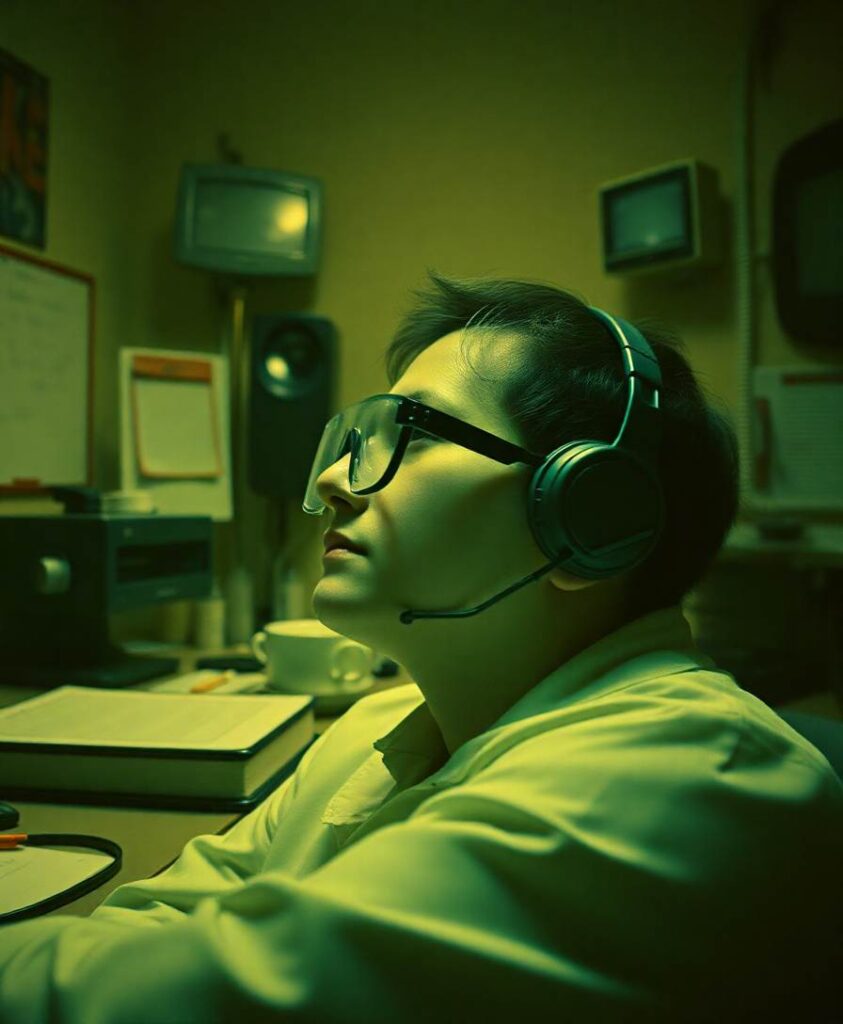☰
VOLUME XVI | APR 2018
Modeling prosocial behavior increases helping in 16-month-olds
Shortly after they turn 1, most babies begin to help others, whether by handing their mother an object out of her reach or giving a sibling a toy that has fallen. Researchers have long studied how this helping behavior develops, but why it develops has been examined less. A new study looked at the role of imitation to find that when 16-month-olds observe others’ helping behavior, they’re more likely to be helpful themselves.
Margaret Campbell
Margaret is a Scottish-Canadian educator and bioethicist from Alberta, focusing on ethical considerations in human enhancement technologies. She authors pieces on balancing ambition with moral integrity, rooted in her clan's emphasis on community and perseverance.


